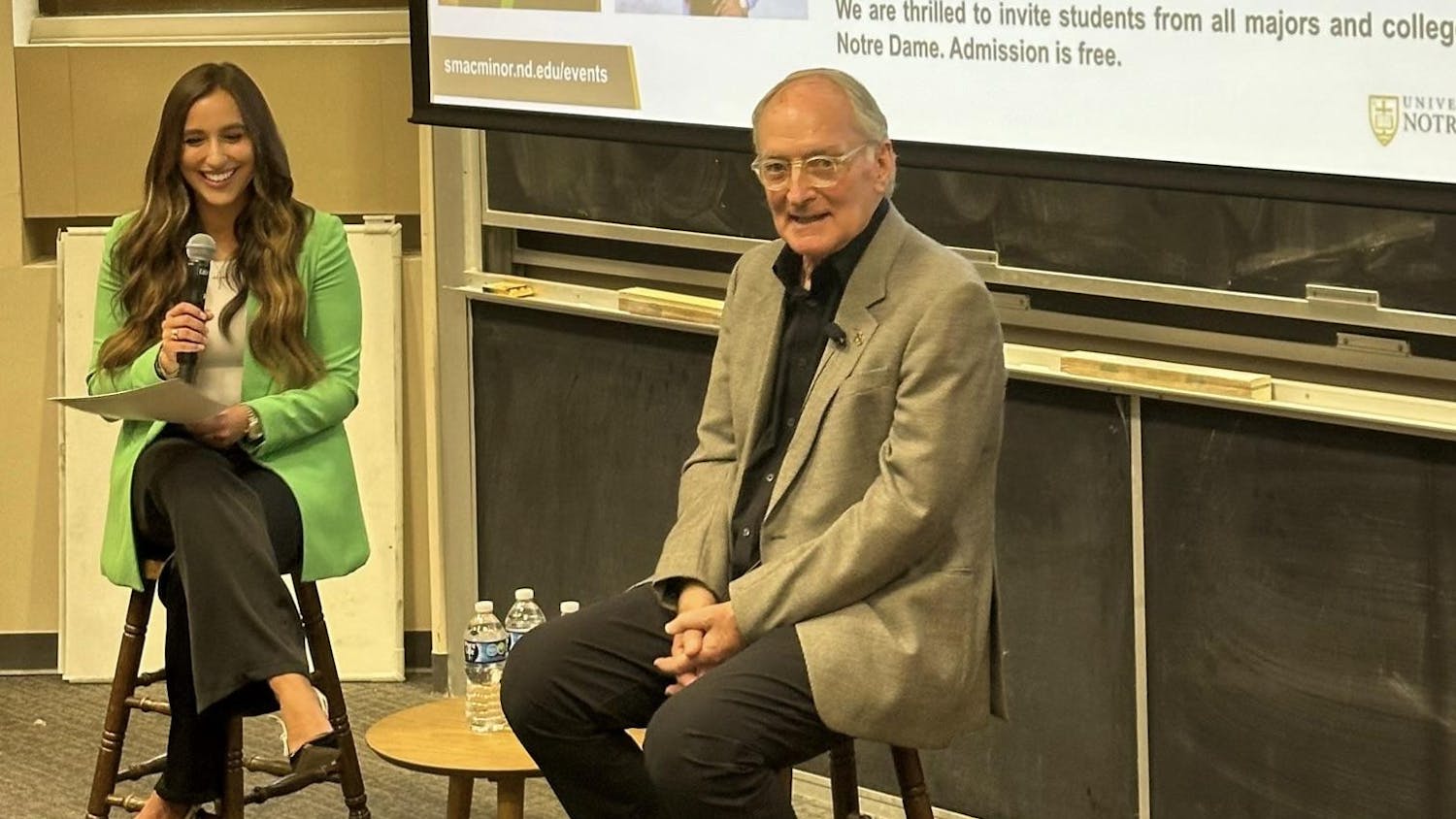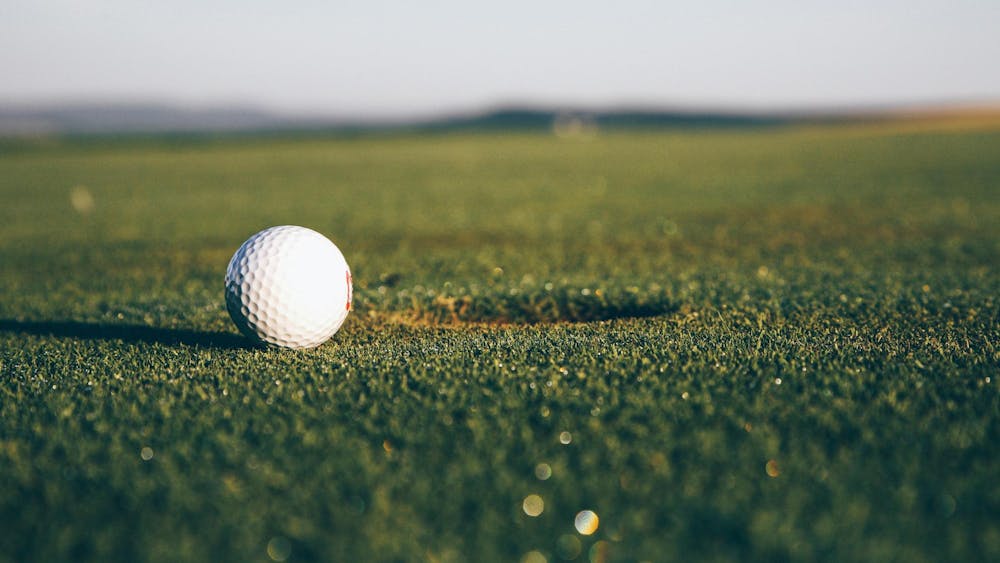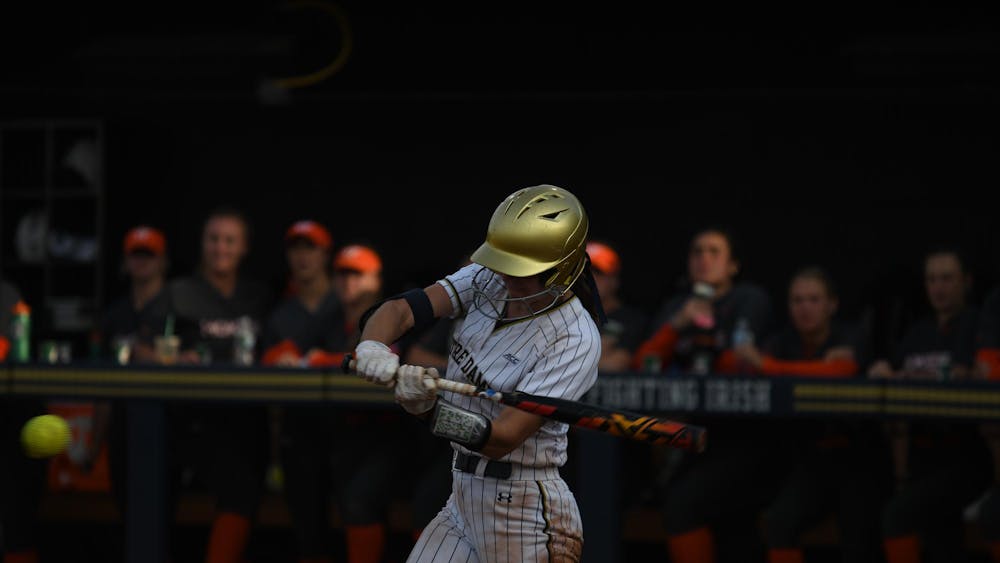One of the most highly discussed matters in professional sports right now is player safety, and rightfully so. Perhaps in no two sports are you most likely to be at risk for head injury than football and hockey.
The psychological effects inherited from these two sports can be devastating. One of Notre Dame's own, Dave Duerson, committed suicide this past February. Duerson was a successful man who graduated with honors in economics from Notre Dame and became a high-quality businessman after 11 strong seasons in the NFL. But, as a Boston University study of his brain determined after his death, he suffered from a neurodegenerative disease, likely from concussions.

Duerson's death hit close to home at Notre Dame. And while his death made waves around the NFL community, the NHL was also dealt a particularly hard blow in recent months.
New York Rangers forward Derek Boogaard died in May, the cause of death ruled to be accidental from a mixture of alcohol and oxycodone. Two more passed away in August. Winnipeg Jets center Rick Rypien, who was known to be battling depression, committed suicide. Two weeks later, recently retired Wade Belak, who also had depression, died in what has yet to be determined an accidental death or suicide. All three took on the "enforcer" role in their playing days, routinely getting into fights and engaging in skirmishes.
How much the impact of their tough-guy roles played in their deaths is unknown. But it's clear that the NHL is now taking greater action to prevent hits to the head.
Former Detroit Red Wings star Brendan Shanahan was promoted to NHL vice president for player safety this offseason and is now the man chiefly in charge of ruling on suspensions. Shanahan has done a remarkable job in his new role, cracking down on violence in the game. Perhaps even better, when ruling on each suspension, Shanahan releases a video to explain to the fans what he saw and why he made the ruling that he did. The NFL could take note.
That said, perhaps he's gone to too much of an extreme, or at least too quickly. Only five players in the entire league earned suspensions of five games or more in 2010-2011, with Trevor Gillies of the New York Islanders receiving a suspension of more than five games on two separate occasions.
Ironically, Rypien was one of them, when he grabbed a Minnesota Wild fan during a game. There was also an automatic 10-game suspension for Pittsburgh Penguins forward Eric Godard for leaving the bench area during an on-ice incident. That means only three players were awarded suspensions of five games or longer for actual hits on the ice throughout the entire season.

It's been one month into this season and there have already been seven such rulings. Most notable was Columbus Blue Jackets defenseman James Wisniewski's suspension. Wisniewski, one of the biggest free-agent signings in the entire league this offseason with a 6-year, $33 million deal, received a 12-game suspension. The suspension included eight regular season games for a late hit to the head of the Minnesota Wild's Cal Clutterbuck. He was fined more than $500,000. And no, I did not accidently add an extra ‘0' to that number.
The Wisniewski hit was dirty. Very dirty. Add the fact that he's been suspended before and he should have received a stiff penalty. But, given the NHL's leniency in recent years, to come out with an eight-game suspension and a fine that would make Mark Cuban cringe seems rough. Five or six games would have seemed appropriate.
Now, as a Columbus fan, the suspension directly affected my team, as the Blue Jackets went 0-7-1 in Wisniewski's absence (they are 2-2 and he has four points since his return), so there's some bias.
However, it's not just Wisniewski, but the other six long suspensions as well, that are confusing.
As mentioned, the NHL was too lenient in the past. Suspensions of one and two games should have been three or four. But now, it's too far the other way. If they want to eventually reach suspensions of this length, fine, but make it a gradual change that's fair and allows the players to adjust after years of light rulings.
I commend the NHL and Shanahan for no longer tolerating cheap shots like before, especially in light of the recent deaths. But they don't need to go over-the-top, either. There's a balance and they should try to find it.
The views expressed in this column are those of the author and not necessarily those of The Obsever. Contact Sam Gans at sgans@nd.edu












